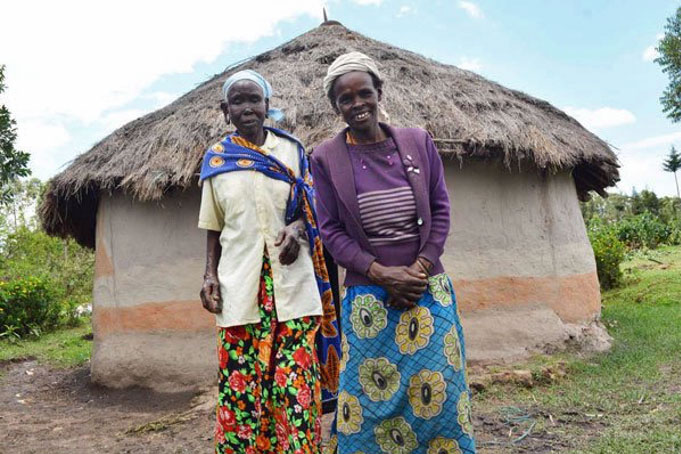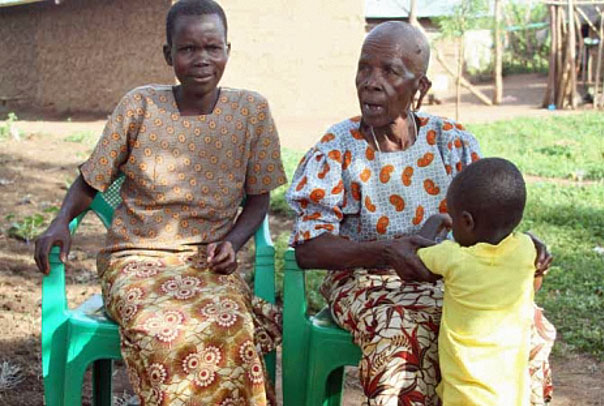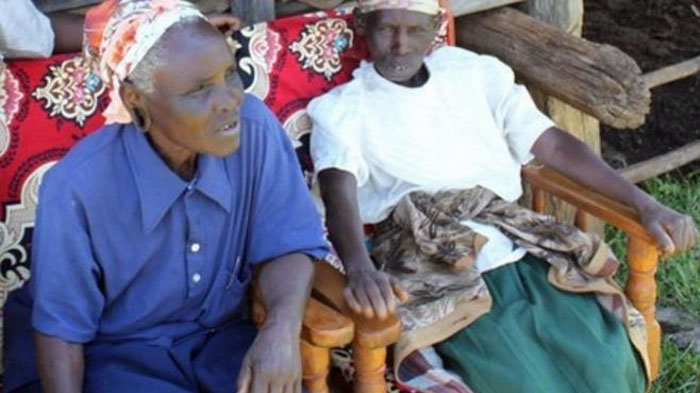Marriage between two women — a longstanding Kenyan tradition
Colin Stewart is a 45-year journalism veteran living in Southern…
Marriage between two women is an established tradition in several Kenyan cultures. New research examines how Kenyan law is applied to woman-to-woman marriages and how Kenyan courts have upheld them.

Journalist Denis Nzioka briefly described the practice in Equal Eyes from UNAIDS. The more extensive information below about woman-to-woman marriages comes from the archive materials of the KumbuKumbu project, the Gay & Lesbian Archives of Kenya, which is curated by Nzioka.

Woman-to-woman marriage is one of the many forms of cultural practice recognised by some communities in Africa. Although this form of marriage is recognised by some communities in several African countries, there’s little legal backing or protection to it.
Same-sex arranged marriage is culturally accepted so women who are unable to have children, or those who have not yet had a son, can fulfill societal expectations. In Migori, for example, women are married under “nyumba mboke”, a practice that allows for woman-to-woman unions.
This institution has existed since the 18th century.
In summarizing his research, Ambrose Abongo wrote:
“Woman to woman customary marriages arise where a woman is barren and she then marries another woman for the sole purpose of having children and those children become the children of the barren woman who is the husband in the relation. This marriage can take place whether the husband of the barren woman is alive or dead.
If the husband is alive the other woman is allowed to have sexual relations with the husband for the purpose of having children. Any children out of this relationship will be regarded as the children of the barren woman.
Where the husband is dead she must select a man from the husband’s family or leave the decision to the woman to select whom she wants to have children with. This is common among Kisii, Taita and Kuria tribes.”
For more information, read Abongo’s full report, “Validity of woman-to-woman marriages in Kenya.” (PDF)

Related article:





Sometimes one really starts asking questions about intelligence in some people…… on the one hand the law in Kenya punishes same-sex relations, on the other hand they bless same-sex marriages…… when it involves females it is allowed and permissable, even legal, but when it comes to males there’s a harsh policy of puishing them…. were is the intelligence?
We are living in the 21st century but it seems that lawmakers and other officials in Kenya have stuck in the Victorian era, in my opinion showing stupidity and backwardness!
It is time that a country like Kenya were so much is depending in international interactions the officials start to become aware that the world has moved on since Victorian times, and that stupidity and backwardness is gone, at least with and by all the money that has been pumped into the country by developed countries to educate the morons!
Seems to me that these morons still lack the awareness of modern time, though many of them have gone to well-known educational centers in f.i. the UK, one would expect some braincell-development, right?
It makes Kenya look like a 5th world country when one sees that one group is allowed to bond together while another group is prosecuted for wanting to do the same!